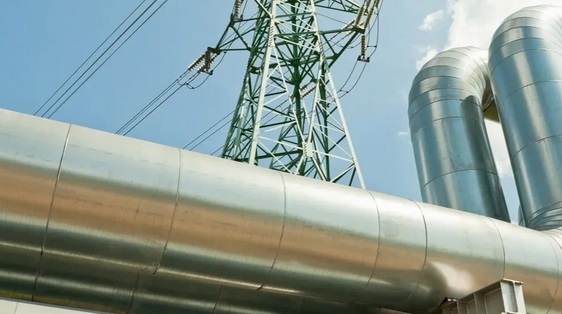The data center boom has changed the rules of the game. Five years ago, a good site near a high-voltage line often meant a smooth interconnection. Today, with inverter-based resources (IBRs) and hyperscale loads crowding the grid, a simple load flow study is no longer enough.
What’s Changed?
⚡ Every POI is Unique – Each point of interconnection has its own “personality,” shaped by surrounding projects, grid strength, and past operations.
⚡ Oscillations Are Rising – Low-frequency swings, SSR (sub-synchronous resonance), and high-frequency disturbances are now a top concern.
⚡ Communication Delays – Control system delays can destabilize even systems that appear stable in pre-commissioning checks.
Beyond Load Flow: What to Check
🔍 Small Signal Analysis – Reveals how the grid’s natural oscillations interact with new projects.
🔍 SSR Screening – Essential near wind farms, HVDC lines, or series-compensated systems.
🔍 Power Quality Studies – Harmonics and flicker risks depend on your “neighbors” at the POI and can push systems past acceptable limits.
Bottom Line
A strong land parcel with great transfer capacity doesn’t guarantee grid-friendly interconnection anymore. Small signal, SSR, and power quality studies are critical to avoid costly surprises after commissioning.
📖 Read the full article here: Why the Best Land for Your Data Center Project Might Be the Worst for the Grid
